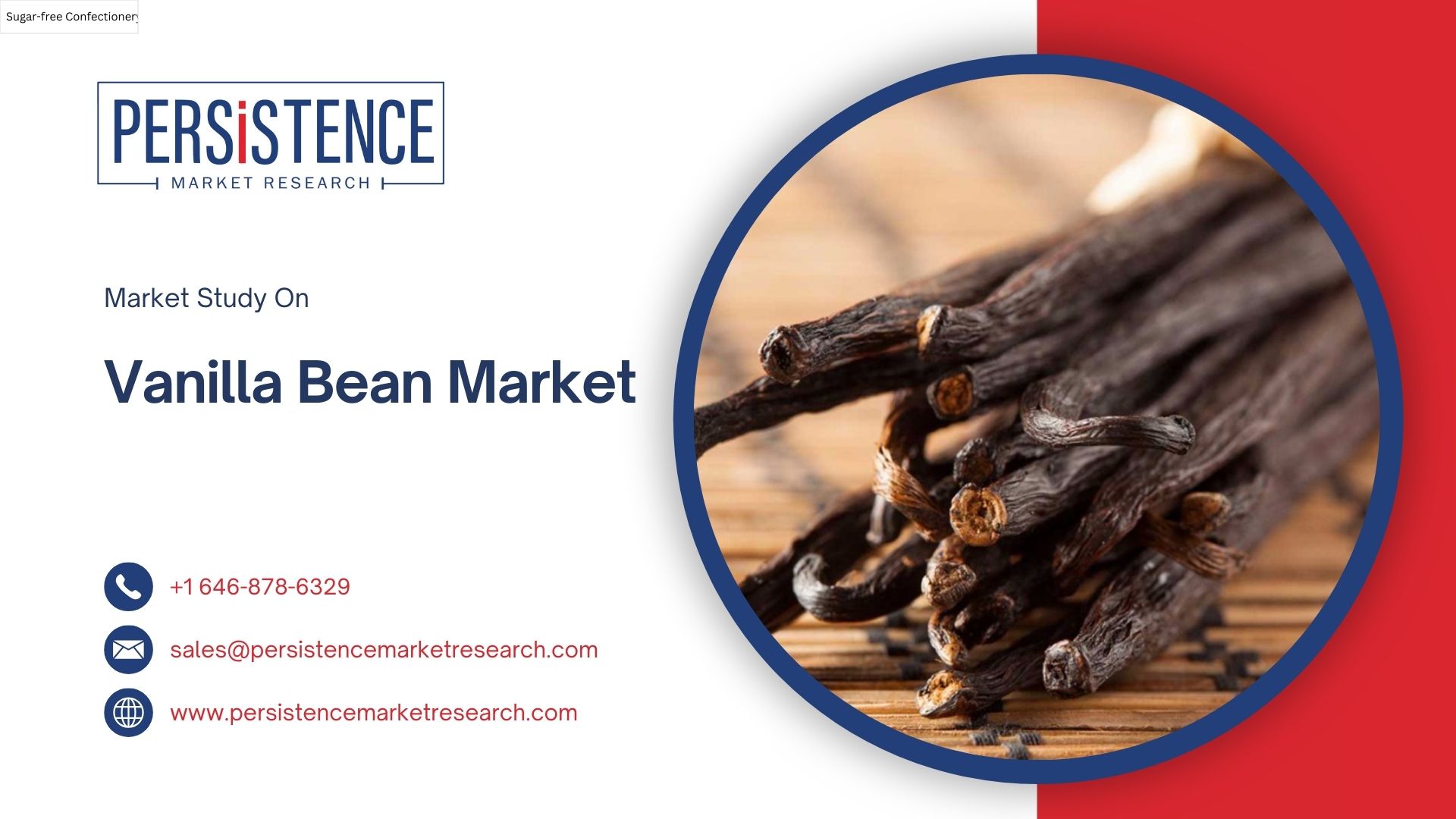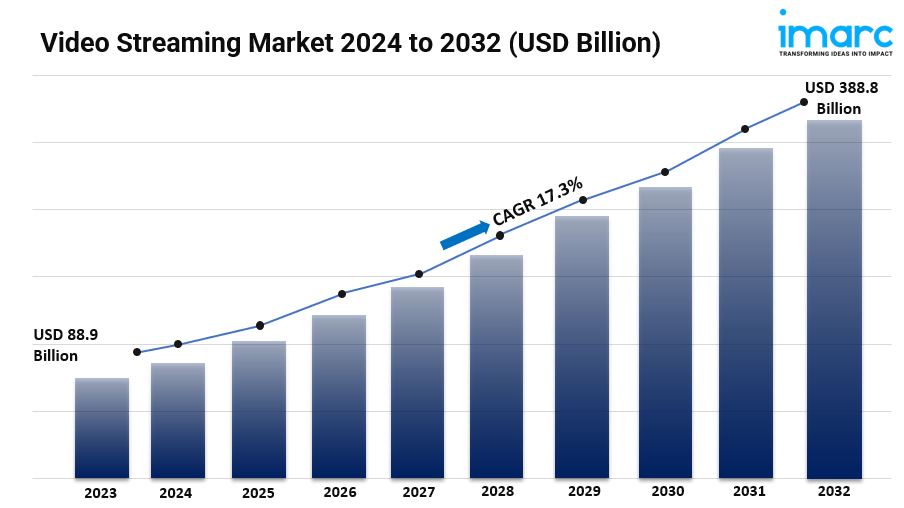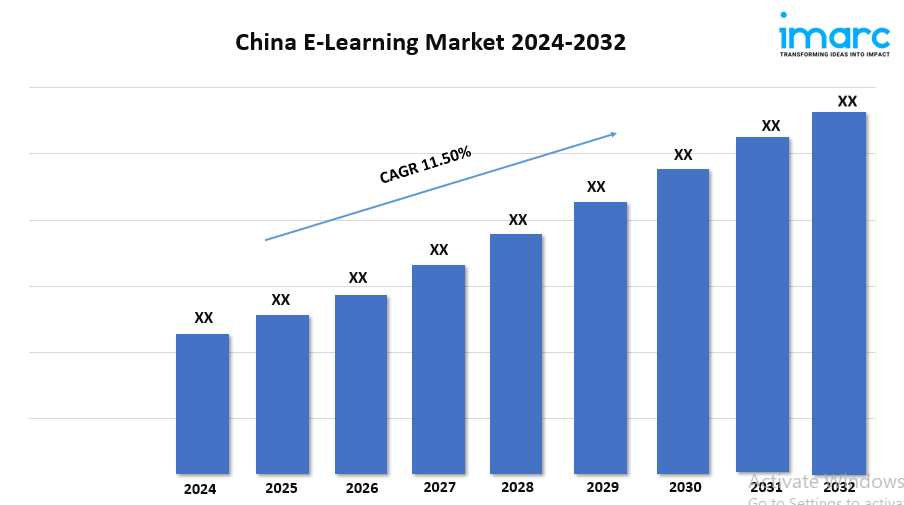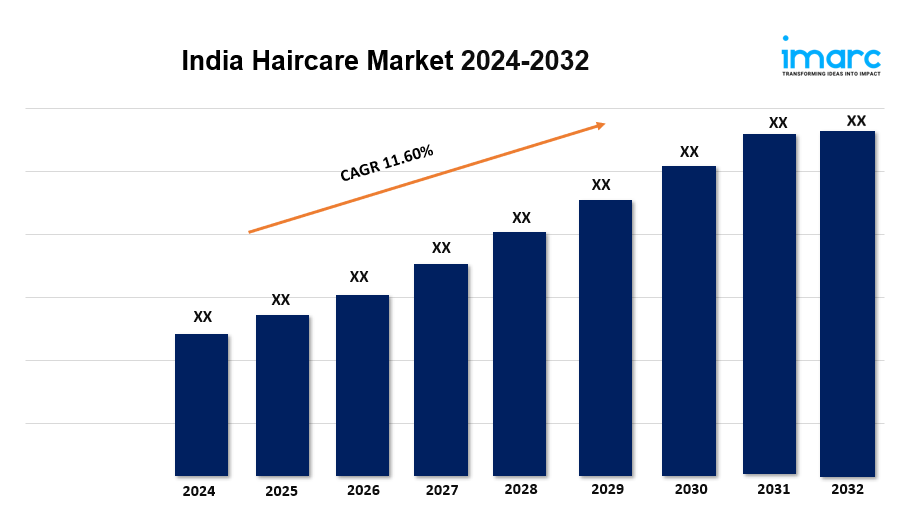The edible insects market is rapidly gaining traction worldwide as consumers, investors, and food innovators seek sustainable and nutritious alternatives to traditional protein sources. Over the past decade, the industry has evolved from niche curiosity to a serious contender within the alternative protein landscape. This momentum is reflected in market projections: according to Persistence Market Research, the global edible insects market size is expected to grow from 2,311 million US dollars in 2025 to 4,665.5 million US dollars by 2032. The market is set to experience a compound annual growth rate of 10.6 percent between 2025 and 2032.
At the heart of this rapid expansion are innovative startups that are transforming how edible insects are farmed, processed, and marketed. These companies are pushing boundaries to improve taste, accessibility, and sustainability, helping insects move into the mainstream. This article highlights seven startups that are leading the charge in the edible insects market through cutting-edge innovation and consumer-focused products.
Why Startups Are Key to Edible Insect Market Growth
Startups often drive innovation in emerging markets by:
Pioneering new farming technologies that increase efficiency and reduce costsCreating appealing and accessible insect-based products for diverse consumersEducating the public and breaking down psychological barriers around eating insectsBuilding supply chains and partnerships that support market scaleAdvocating for regulatory clarity and safety standardsThe seven startups featured below exemplify these trends and showcase the exciting potential of edible insects as a future protein source.
1. Aspire Food Group
Aspire Food Group has become a global leader in insect farming technology. Specializing in large-scale cricket farming, Aspire focuses on creating sustainable protein with minimal environmental impact. Key innovations include:
Automated cricket farming systems that optimize growth and reduce laborVertical farming techniques that maximize space usePartnerships with humanitarian organizations to improve food security through insectsAspire also offers a range of cricket-based products, from protein powders to snacks, designed to appeal to health-conscious consumers looking for sustainable alternatives.
2. Exo Protein
Exo Protein helped popularize cricket protein bars in the United States and was one of the first companies to introduce edible insects into mainstream retail. Highlights include:
Use of cricket flour to create high-protein, gluten-free snack barsFocus on taste and texture to reduce consumer hesitationMarketing efforts targeting fitness enthusiasts and environmentally aware consumersExo’s success has paved the way for broader acceptance of insect protein in the snack and nutrition markets.
3. Ynsect
Based in Europe, Ynsect is a leading startup that has focused on mealworm farming as a scalable protein solution. Their innovations encompass:
High-tech insect farms with controlled environments for consistent qualityExtraction of insect protein and oils for use in animal feed and human foodExtensive investment in R&D to improve production efficiency and sustainabilityYnsect’s approach demonstrates how insect farming can contribute to both human nutrition and sustainable animal feed production.
4. Jimini’s
Jimini’s is a French startup that focuses on gourmet insect-based snacks, aiming to change perceptions by offering premium quality and innovative flavors. Notable features include:
Wide range of whole roasted insects seasoned with global flavorsEmphasis on culinary creativity to make insects exciting and desirableEducational marketing campaigns to introduce insects as delicacies rather than novelty foodsJimini’s success shows how premiumization can elevate edible insects into lifestyle and gourmet food segments.
5. Protix
Protix is a Dutch company leading innovation in insect protein for animal feed and food ingredients. Their core strengths are:
Sustainable production of black soldier fly larvae to convert organic waste into proteinProduction of protein powders, fats, and biofertilizers from insectsCollaboration with global food and feed companies to integrate insect ingredients into supply chainsProtix exemplifies circular economy principles and the potential of insects to contribute to multiple industries.
6. Eat Grub
Eat Grub is a UK-based startup known for its bold flavors and approachable insect snacks. Key elements of their innovation include:
Range of insect protein bars, roasted insects, and cooking ingredientsUse of creative flavors such as spicy, smoky, and sweet blendsEngaging branding to challenge insect stigma and encourage trialBy focusing on taste and presentation, Eat Grub has helped normalize insect consumption in Western markets.
7. Aspire Food Group
Aspire Food Group, also active in Africa, takes a holistic approach to insect farming by combining technology with social impact. Their contributions include:
Training local farmers in cricket farming to improve income and nutritionDevelopment of modular farms that are easy to set up and manageAdvocacy for insect protein in food aid programs and sustainable development initiativesAspire’s work highlights the potential of edible insects not only as a commercial product but also as a tool for global food security.
Common Themes Among Leading Startups
Analyzing these startups reveals several important trends shaping the edible insects market:
Technology-driven production: Automation, vertical farming, and controlled environments are improving insect farming efficiency and scalability.Product innovation: From protein bars and powders to gourmet snacks and cooking ingredients, startups are expanding the ways insects can be enjoyed.Consumer education: Many companies are investing heavily in breaking down cultural and psychological barriers by focusing on taste, presentation, and health benefits.Sustainability focus: Startups emphasize the environmental advantages of insect protein, appealing to eco-conscious consumers.Strategic partnerships: Collaborations with food brands, humanitarian organizations, and research institutions help startups scale and access new markets.Regulatory engagement: Working with governments to establish clear safety and labeling standards is vital to market growth.Challenges Still Facing Edible Insects Startups
Despite the exciting innovations, startups in the edible insects market continue to face hurdles:
Consumer acceptance: While improving, many consumers remain hesitant to adopt insects as regular food, especially in Western markets.Supply chain scale: Building large-scale, cost-effective insect farming and processing infrastructure remains challenging.Pricing: Some insect products still carry a premium, limiting broad market penetration.Regulatory complexity: Differences in food safety regulations across countries complicate international expansion.Competition: Startups must differentiate themselves amid a growing number of insect protein producers.Addressing these challenges requires ongoing innovation, investment, and collaboration.
What Consumers Can Expect Next
As these startups and others continue to innovate and grow, consumers can anticipate:
A broader range of insect-based products available in mainstream retail outletsImproved taste, texture, and convenience making insect protein more appealingGreater awareness of the environmental and nutritional benefits of eating insectsIncreased availability of insect protein integrated into familiar foods such as snacks, baked goods, and supplementsMore global collaborations promoting edible insects as a solution to food security and sustainability challenges
Conclusion
The edible insects market is rapidly evolving thanks to the bold innovation and entrepreneurial spirit of startups around the world. These companies are breaking down barriers, creating exciting new products, and pushing the boundaries of sustainability and nutrition. According to Persistence Market Research, the market is projected to grow substantially over the next decade, nearly doubling in value from 2,311 million US dollars in 2025 to 4,665.5 million US dollars by 2032 with a strong annual growth rate of 10.6 percent.
The seven startups highlighted in this article are leading this transformative wave, shaping the future of food with creative approaches to insect farming, product development, and consumer engagement. For consumers seeking sustainable protein options, the innovations coming from these companies signal a bright and delicious future for edible insects.





















